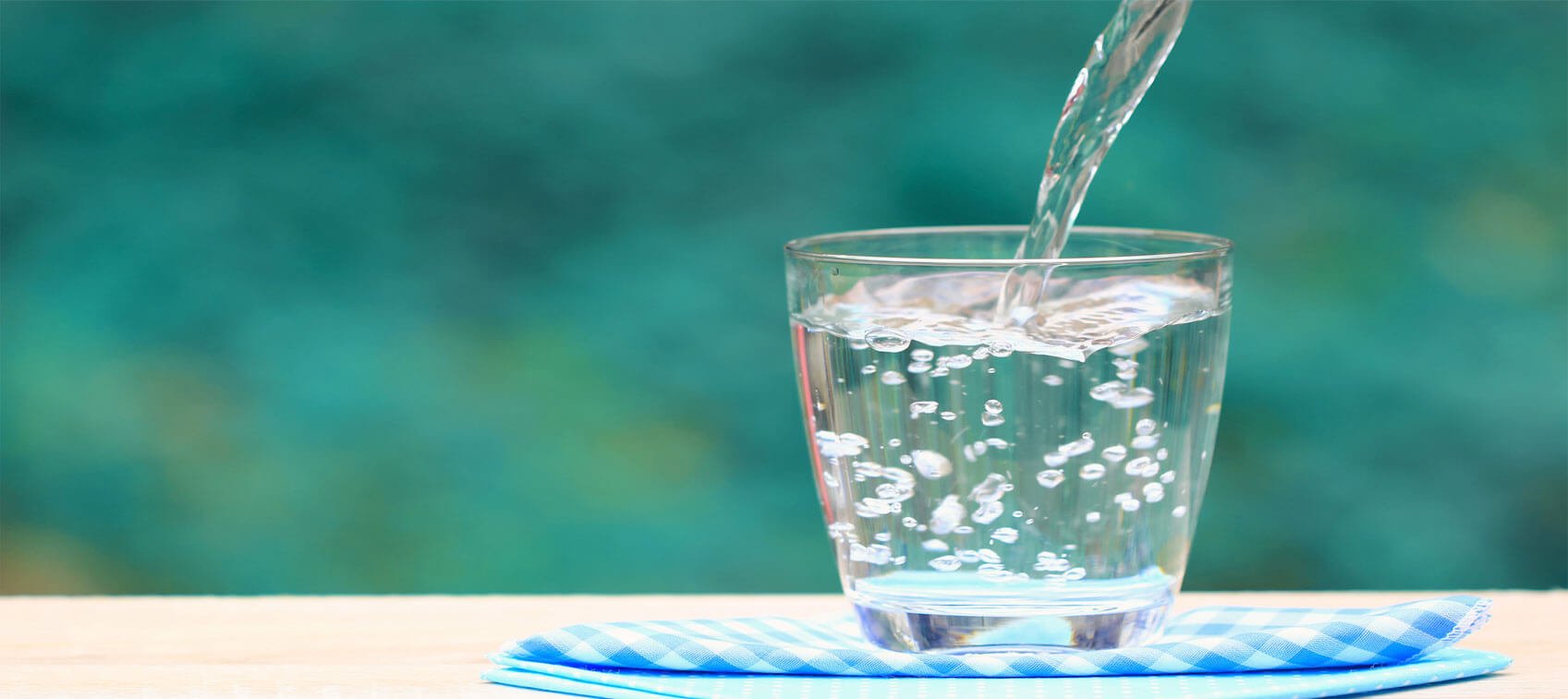
Water is one of the few substances that you put into your body every day of your life. Weeks, months, or even a lifetime of drinking so-called “safe” water could prove to be one of your biggest health risks.
Even approved drinking water under the Environmental Protection Agency (EPA) standards may contain specified amounts of lead, arsenic, mercury, radioactive particles, and a long list of other toxins. All of these have been shown to accumulate in body tissue over time, leading to illness and even death.
To illustrate this point:
- There are more than 75,000 chemical compounds used by industry and agriculture, with thousands more added each year—many unregulated.
- Eighty percent of these chemicals have never been tested for long-term, chronic toxicity.
- It's estimated that 20 billion tons of chemicals, radioactive waste, and pollutants are introduced into the environment each year, and the belief is that most of these toxic chemicals eventually reach our water supply.
- In the United States, the EPA has evaluated and set standards for only a small percentage of the more than 700 chemicals found in drinking water supplies.
Purification Is a Must
To best protect yourself, you must drink water that has been purified. There are several different methods of water purification.
One of the most common and least expensive is carbon filtration, which does a good job removing pesticides, industrial chemicals, and chlorine, but is relatively ineffective at eliminating potentially harmful bacteria and other organisms, heavy metals, and inorganic chemicals.
Other filtrations methods include ozone and ultraviolet light (which kill bacteria, viruses, and parasites but are ineffective against heavy metals and pesticides), copper-zinc systems, and reverse osmosis (which is pretty effective, but is also extremely resource intensive and wasteful; for every gallon of pure water produced, between three and eight additional gallons of water get washed down the drain).
The final major method of water purification is the one I happen to recommend most highly: distillation. When used correctly, water distillation provides the purest and safest water available.
How to Make Distilled Water
How distilled water is made is a fairly simple process. Water is heated until it boils and turns to steam. The boiling action kills the various bacteria and other pathogens, and as the steam rises it leaves behind waste material, minerals, heavy metals and other heavier contaminants.
The steam is then cooled and returns to water. So essentially, distillation removes the water from the contaminants, rather than trying to remove the contaminants from the water.
A very similar process occurs millions of times daily all over the planet. Ground water evaporates and rises in a purified form into the atmosphere, where it accumulates and eventually returns to earth as rain or other forms of precipitation.
Distillers have several major advantages over other purification systems. A good distillation system pretty much eliminates the need to ever have your water tested. It’s the only purification system that removes every kind of bacteria, virus, parasite, and pathogen, as well as pesticides, herbicides, organic and inorganic chemicals, heavy metals (dissolved or otherwise), and even radioactive contaminants.
One added benefit to having a distiller is that if your tap water supply is lost for any reason, you can safely distill water from a river, lake, pond, or swimming pool. Distillation takes longer than other methods such as drip filtration, but I consider any inconvenience associated with distillation minor in comparison to the safety.
Potential Distillation Concerns, Debunked
While distilled water is your safest bet, there are a few issues you should be aware of.
Distillation is a very straightforward concept: You boil off the water, and all the undesirable “extras” are left behind. To do the job correctly, however, takes a little finesse.
Some of these compounds are left behind during the distillation process, no matter how the distillation is carried out. These compounds and minerals make up the residue you'll see remaining in the tray or bottom chamber of your home machine.
The finesse part has to do with the volatile organic compounds (VOCs) that boil off before the water. (More properly, the compounds have what's called a lower vapor pressure than water. The effect is the same—they evaporate before the water does.) In a properly made distillation unit, the tap water is preheated to just below the boiling point to drive off the compounds that are lighter than water. Once those compounds have evaporated, the water is heated just to the boiling point and is sent to the condensation chamber to return to its liquid state as pure water.
A unit that doesn't include the preheating phase will evaporate the VOCs along with the water, so they'll condense with the steam and remain in the finished product. While this won’t concentrate the harmful compounds, it will leave the purifying job half done.
If you don't distill your water yourself, you won’t know about the process used—which is why I recommend not just that you drink distilled water, but that you buy a high-quality distiller unit to use at home.
Second, it should be noted that distilled water is more acidic than other water. This acidity occurs because carbon dioxide from the atmosphere dissolves in the water, creating a very dilute solution of carbonic acid. Distilled water in a container that’s been sitting open for a while could have a pH in the range of 6. (For comparison, vinegar has a pH of about 4, or 100 times as acidic.)
Your body responds to this trivial amount of acidity by producing more stomach acid. So long as your digestive system is in good shape, and you're not taking any medication to block the production of stomach acid, then the amount of acidity from distilled water won't affect any body processes.
Finally, you may have heard that distilled water leaches minerals out of your body. This assertion is made because distilled water doesn’t have any minerals of its own.
However, most of the minerals we take in come from food and supplements, not water. And the fact is that your kidneys do a fine job of keeping your minerals in proper balance. As long as your kidneys are functioning normally, you’ll have no problems drinking distilled water.


